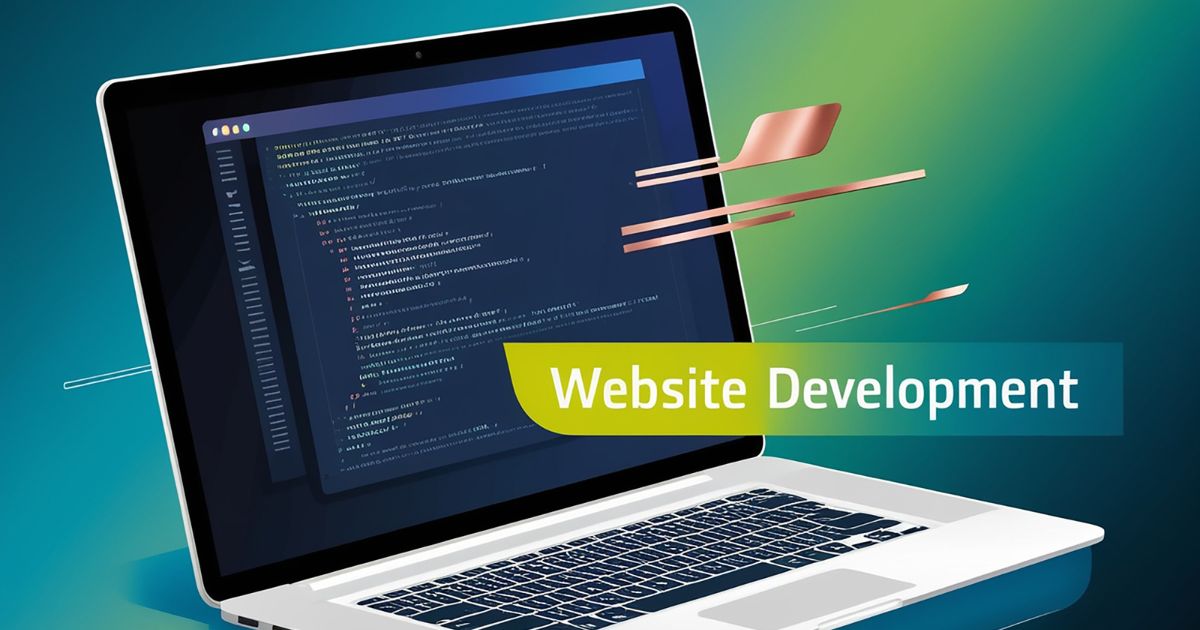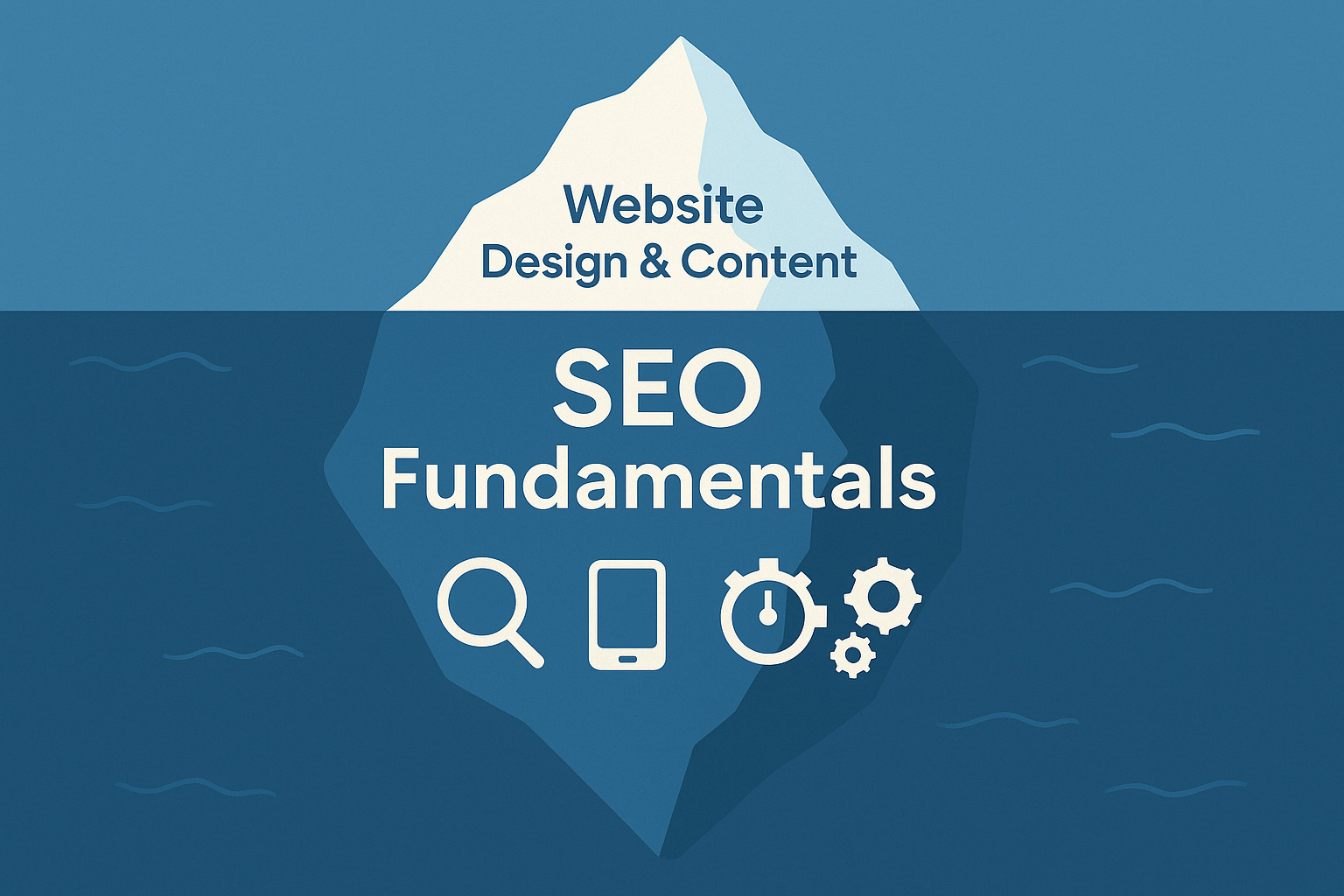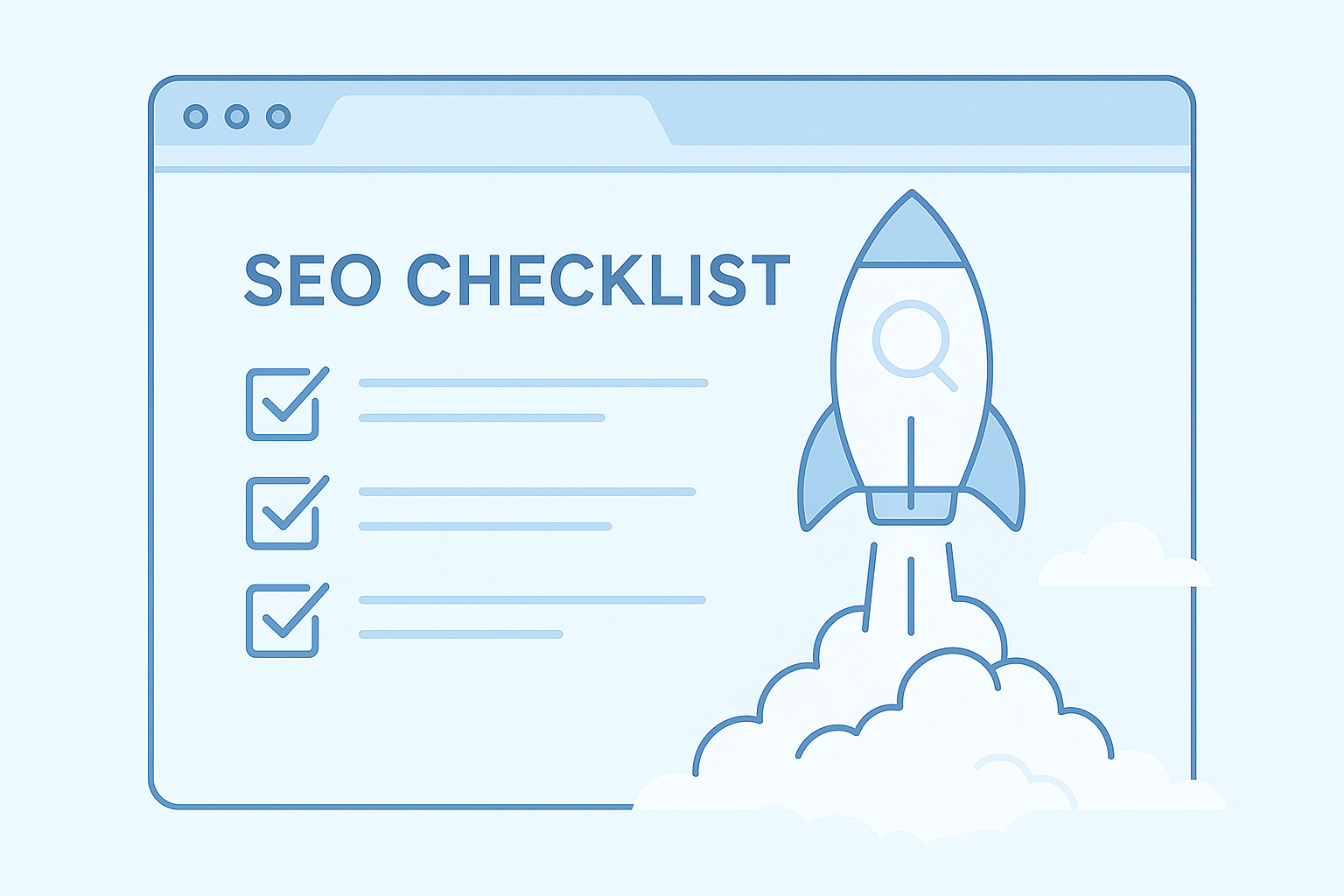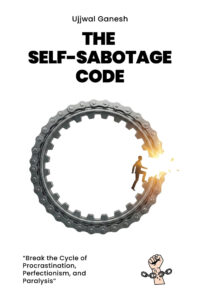A website is one of your most important digital assets. Don’t rush the decision; take your time and carefully evaluate your options before you hire someone to develop your new website. Today, competition is fierce, and audiences are more discerning than ever. The right website development agency can make or break your brand’s online presence.
Imagine launching your new business website only to discover that it’s painfully slow, visually uninspiring, and fails to convert visitors into customers. This scenario can be devastating for any business.
I’ve spent years working with diverse clients, from emerging startups to established enterprises, helping them navigate these critical choices. Hiring the perfect partner is more than just about getting a functional site; it’s about setting a strategic foundation for growth, credibility, and long-term success. That’s why asking the right questions before signing on the dotted line is absolutely critical.
Below, I break down the key questions you should ask any prospective web development firm. These queries will help you understand their capabilities, ensure smooth communication, and confirm they can deliver not just a site, but an online platform that effectively engages your target audience and achieves your desired goals. Many of the principles here echo the practical frameworks I share in my book, Websites That Stand Strong—a step-by-step guide to turning your site into a growth engine.
1) Can You Provide a Strategic Project Roadmap Aligned with My Goals?
Before you discuss pricing or timelines, share your ultimate objectives—like boosting lead generation or improving user retention—and ask the development agency how they’ll achieve them. Will they recommend a CMS like WordPress, WooCommerce, or Shopify to get you online quickly, or suggest a custom tech stack such as Laravel for a highly tailored solution?
Ask them to translate your goals into clear, measurable milestones (think SMART objectives) and to show where success criteria are tracked—analytics events, conversion goals, and dashboards. You want a transparent roadmap covering discovery, UX, design, development, QA, launch, and post-launch optimization—with explicit gates for stakeholder review and scope control.
Pro tip: Request a written “assumptions & exclusions” page alongside the roadmap so there are no surprises later.
2) Can You Showcase Relevant Portfolios and Case Studies?
Don’t just rely on promises—ask to see real results. Reviewing an agency’s portfolio highlights their design aesthetics, technical depth, and experience in similar domains. If they claim expertise in WordPress, request examples of their best WordPress implementations.
Evaluate previous projects for page-load speed, mobile responsiveness, UX clarity, and SEO fundamentals. Check whether their own website is fast and current—if their house isn’t in order, that’s a red flag. Bonus points if they can quantify impact (e.g., “+38% conversion rate,” “3× faster LCP”).
3) What Is Your Pricing Structure and Value Proposition?
When discussing costs, consider more than just the bottom line.
Compare multiple proposals not only on price but on strategic value: Will they include discovery workshops, content design, CRO, analytics setup, or do they just “ship pages”? Clarify inclusions—design systems, iconography/illustration, copywriting, QA, accessibility, and responsiveness checks—and whether ongoing support or maintenance is part of the deal.
Ask for a phase-wise cost breakdown (Discovery, Design, Dev, QA, Content, Launch, Hypercare) and a clear change-request policy so you can calculate true ROI.
4) Will You Handle Hosting and Deployment Assistance?
If you’re not well-versed in hosting and deployments, ensure the agency can assist. Do they recommend providers fit for your scale (managed WordPress, VPS, or cloud), configure staging environments, set up CI/CD pipelines, and implement caching/CDN? Clarifying this upfront prevents last-minute chaos and hidden fees.
Scalability check: Ask how they’ll keep performance stable during traffic spikes (festive sales, media mentions). Look for CDNs, caching layers, image optimization, and load testing baked into their plan.
5) What Are Your Post-Launch Support and Maintenance Terms?
Beyond the initial build, you’ll likely need tweaks, performance tuning, and security patches. Pin down response SLAs, included hours, and whether they handle backups, updates, security monitoring, uptime alerts, and migrations.
Great partners run simple maintenance playbooks (weekly updates, monthly link scans, quarterly restore tests) so your site stays fast, secure, and error-free—not a “launch-and-leave” job. website that stand strong – new…
6) How Will You Manage URL Redirects and SEO Preservation for a Revamp?
If you’re revamping an existing site, proper redirects and preserving search authority are paramount. A good agency will inventory current URLs, map 301 redirects, preserve meta data, and re-submit sitemaps. They’ll also ensure technical SEO foundations—HTTPS, XML sitemaps, clean architecture, mobile-first build—are intact.
Ask how they approach modern SEO signals alongside the mechanics: content quality, experience, and authority (see Question 7). website that stand strong – new…
7) What Is Your Security and Compliance Strategy?
With cyberattacks on the rise, security is non-negotiable. Ask about SSL/TLS, secure coding standards, dependency management, regular patching, WAFs, and DDoS protections. Confirm they maintain automated daily backups stored off-site and perform regular restore drills—your real insurance policy. Follow the proven 3-2-1 rule: 3 copies, 2 media types, 1 off-site. website that stand strong – new… website that stand strong – new…
Also check for compliance with your industry’s norms (PCI-DSS for payments, GDPR/DPDP for data), access controls, and incident response procedures.
8) How Do You Address Scalability and Traffic Surges?
Picture a festive sale or special event causing a sudden traffic spike—your site must remain fast and stable. Ask about autoscaling options, CDN strategy, image formats (WebP/AVIF), lazy loading, and cache policies. Crucially, request a Core Web Vitals plan so speed and responsiveness are engineered, not bolted on. They should explain LCP, CLS, and INP and how they’ll keep them in the green. website that stand strong – new… website that stand strong – new…
9) What Is Your Quality Assurance and Testing Procedure?
Quality assurance goes far beyond broken links. Expect structured QA with functional, accessibility (WCAG), regression, and cross-device testing, plus UAT with real user scenarios. Ask how they test for performance (lab + field data), implement analytics QA, and keep environments (dev/stage/prod) consistent.
Deliverables to request: test plans, checklists, issue logs, and performance baselines pre- and post-launch.
10) How Do You Handle Backups and Recovery Plans?
Backups are your safety net against hacks, human error, or crashes. Confirm frequency (daily), location (separate cloud), retention (e.g., 30–60 days), and restore SLAs (how fast can you be back online?). Insist they regularly test restores in a staging environment—unchecked backups are false comfort. website that stand strong – new…
11) How Will We Communicate During the Project?
Smooth communication is often the difference between a frictionless project and a frustrating experience. Ask who your main point of contact will be, how often you’ll get progress reports, and whether there’s a structured cadence for calls or Slack updates. Clear channels + clear artifacts (roadmaps, changelogs, demo videos) = fewer misunderstandings and predictable delivery.
Bonus: Do You Understand Sales, Marketing, and User Engagement?
Your website must be a revenue-driving asset, not a brochure. Confirm whether the agency understands funnels, CRM/marketing automation, analytics, and conversion copywriting. Can they help you demonstrate E-E-A-T—Experience, Expertise, Authoritativeness, and Trustworthiness—so content wins both people and search engines? Look for case studies, real author bios, and genuine testimonials embedded into the experience. website that stand strong – new…
Extra edge: Ask about topic-cluster content to build topical authority: a comprehensive pillar page plus interlinked cluster articles for long-term SEO compounding. website that stand strong – new…
Bonus 2: Will the Chosen Architecture Support Future Growth?
Architecture shapes long-term speed, security, and adaptability. For simpler brochure sites, a monolithic stack may suffice. If you anticipate omnichannel growth (apps, kiosks, new front-ends), explore headless architecture—content and commerce services feed multiple experiences via APIs. Headless can unlock better performance, a smaller attack surface, and easier scaling across channels. Ask the agency which approach they recommend and why. website that stand strong – new…
Bonus 3: What’s Your Plan for Mobile UX and Page Speed?
You have seconds to make a first impression. Ensure the agency bakes in image optimization, caching, code minification, and third-party script hygiene, and that they design mobile-first UI with tap-friendly controls and clear visual hierarchy. When they talk about speed, they should talk about Core Web Vitals—not just generic “fast loads.” website that stand strong – new…
Finding the Right Fit
Selecting the right website development agency in India is about far more than pricing or speed. By posing these key questions, you dig into their strategic thinking, security posture, testing rigor, and long-term support model.
This diligence ensures your final website isn’t just technically robust—it’s thoughtfully designed to thrive in the competitive Indian market, convert visitors into loyal customers, and evolve with your business. Use this checklist as your negotiation playbook—and if you want a deeper, action-oriented blueprint, you’ll find it in Websites That Stand Strong, where I detail the systems for speed, UX, SEO, security, maintenance, and continuous optimization that turn a site into a true growth engine.













